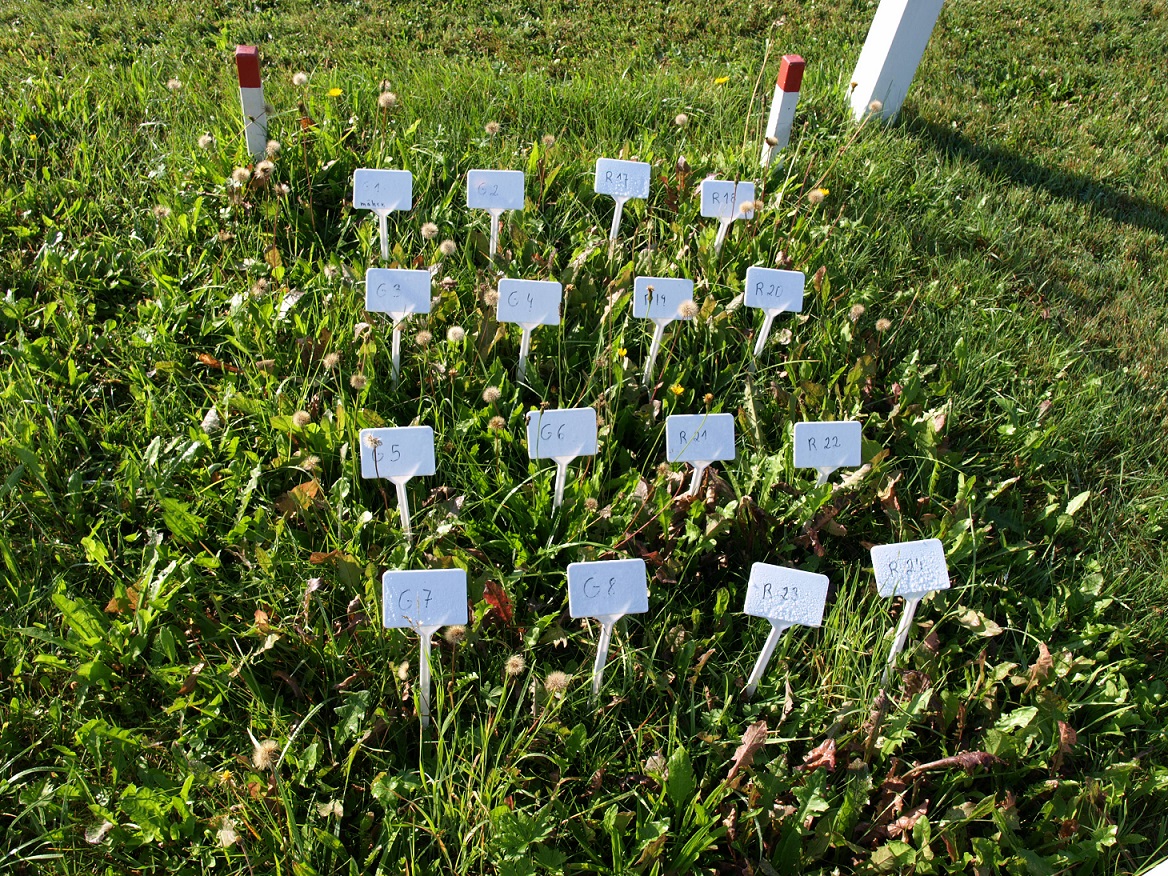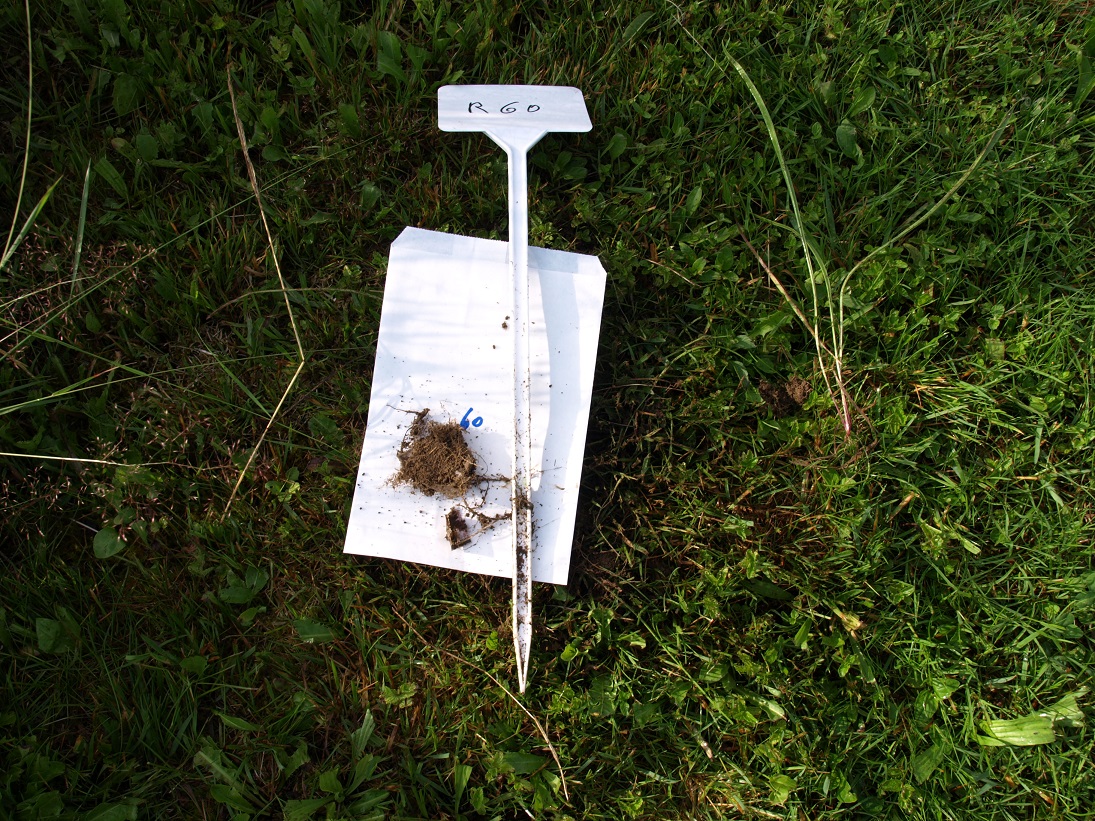Tea bags in the ground
As part of the “Tea Composition Initiative”, litter degradation tests were carried out in 570 terrestrial ecosystems worldwide in order to be able to predict the impact of climate change on litter degradation. At the HBLFA Raumberg-Gumpenstein, tax reduction tests were carried out in a three-cut hay meadow. The experimental site represents grassland in the temperate climate zone. The “tea bag method” was used to quantify litter degradation. Tea bags of green tea (representative of easily degradable litter) and rooibos tea (representative of difficult to decompose litter) were buried in the ground, dug up again after an incubation period of 3 months, 12 months, 24 months and 36 months and the organic material had not decomposed until then quantified. This valuable litter reduction experiment was reported on ORF (Newton).
Further detailed information can be found at www.teacomposition.org








